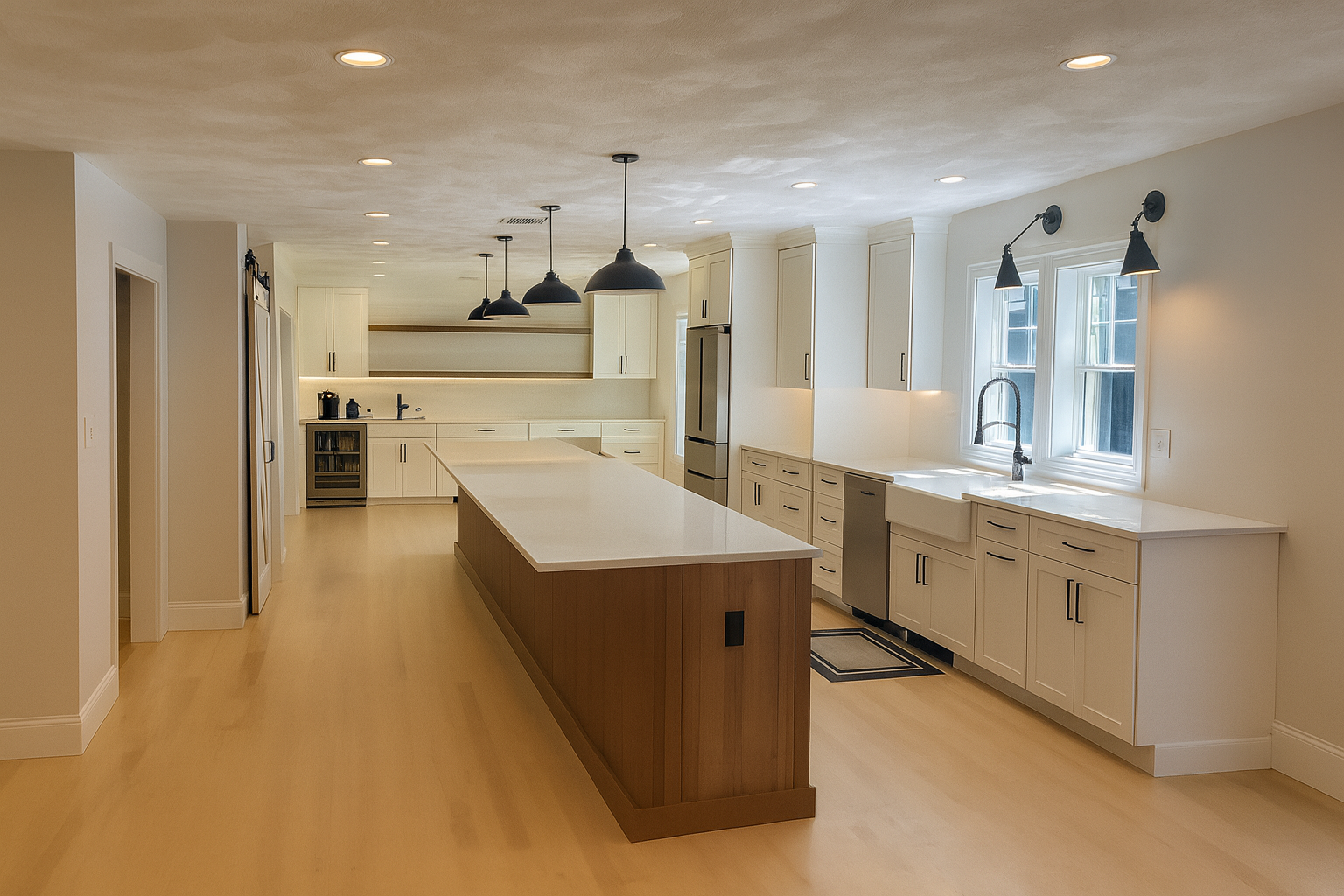
Expert Insights: Choosing the Right Materials for Your Next Construction Project Aug 13, 2025
When selecting materials, the first step is to assess the specific needs and constraints of your project. Consider factors such as climate, environmental impact, and your personal style preferences. For example, if you are working on a project in a humid area, materials with high moisture resistance, like treated wood or composite decking, might be preferable. Additionally, incorporating energy-efficient materials, such as insulated concrete forms, can significantly reduce long-term costs and environmental impact.
Budget is another critical factor in material selection. Our team at D. Duby Construction advises balancing quality and cost. While it may be tempting to opt for cheaper materials, remember that quality materials often lead to fewer repairs and replacements in the future, offering better long-term savings. We recommend consulting with construction professionals to find the most cost-effective yet durable materials that fit within your budget.
The functionality of materials plays a vital role in the overall success of your project. It's essential to choose materials that align with the purpose of each space. For instance, high-traffic areas like kitchens and entryways benefit from durable flooring options such as ceramic tile or natural stone, which can withstand heavy use and resist wear. Meanwhile, living spaces can have more variety, ranging from hardwood to carpet, depending on the desired atmosphere and use.
Aesthetic considerations also hold significant weight in material selection. The look and feel of your materials will define the overall ambiance of your space. When choosing aesthetics, consider the style of your home or project, and whether a traditional, contemporary, or eclectic look best suits your vision. Our team suggests creating a mood board or consulting with a design expert to visualize how different materials will complement each other.
Sustainability is increasingly becoming a priority for many homeowners and builders. At D. Duby Construction, we advocate for the use of sustainable materials whenever possible. Options such as bamboo flooring, recycled metal, or reclaimed wood not only reduce environmental impact but also add a unique touch to your project. Opting for locally sourced materials can further enhance sustainability by reducing transportation emissions and supporting local economies.
Finally, the lifespan and maintenance requirements of the materials should not be overlooked. Consider how much time and effort you are willing to invest in maintenance and whether the materials are compatible with your lifestyle. Low-maintenance options such as quartz countertops or vinyl siding can simplify upkeep, while materials like natural stone may require more attention but offer unmatched beauty and longevity.
In conclusion, choosing the right materials for your construction project involves a careful balance of function, style, and budget. By considering these factors and seeking expert advice from professionals at D. Duby Construction, you can ensure a successful outcome that meets your needs and exceeds your expectations. Let us help you turn your vision into reality with our expert insights and quality construction solutions.
/filters:no_upscale()/filters:format(webp)/media/6c1fc5f7-4329-41a4-93f6-b95dae699596.jpeg)